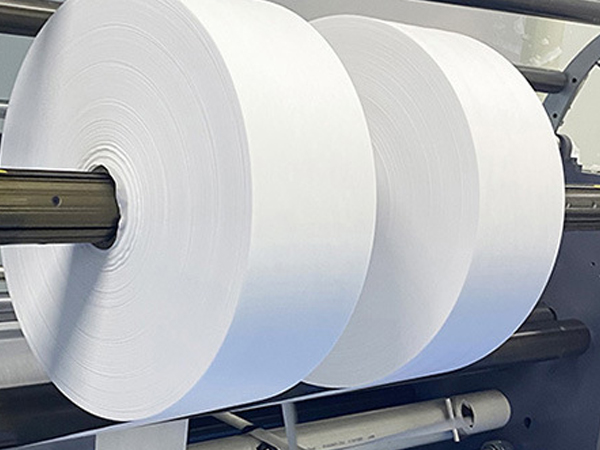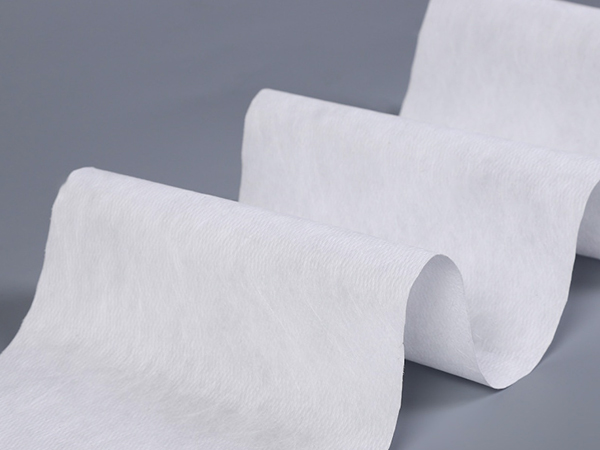- How to choose soft tissue products?
- The five core advantages of non-woven fabric in spunlace wet wipes
- 2025 Foreign Trade Premium China Line launched in Hainan!
- Non-woven fabric on the roof: the invisible guardian of the house
- Asia Wiping Materials Conference and Health and maternal and Child Products Development Forum held

- Cellphone: +86-13430333258
- Email: qdvictorin@gmail.com
- Address: No.95 Kongquehe Wu Road,Jimo Garment Industrial Park, Qingdao City, Shandong Province, China
Do the "cotton soft towels" you use every day really contain cotton?
In recent years, soft towels have been deeply loved by consumers for their convenience of use, soft touch, cleanliness and hygiene. But among the wide variety of soft towels available on the market, what exactly are the differences between "cotton soft towels" and "soft soft towels"? What are the differences in performance among different raw materials? What should be noted when choosing soft towels?
Among the 50 batches of soft tissue products tested, the fiber content of 9 batches did not meet the standard
Soft towels mainly refer to dry wiping cloth products made of non-woven fabrics. Generally, the cotton soft towels and face towels we usually talk about all belong to soft towel products. Because the raw materials or positioning of the products are different, their names also vary.
Fiber content is a concrete manifestation of the composition and material of soft tissue products, and it is also one of the main bases for consumers to understand the performance of soft tissue products when purchasing them.
The Jiangsu Provincial Consumer Rights Protection Committee recently organized the testing of 50 batches of soft tissue products. Through the testing, it was found that:
Among the 50 batches of products, the fiber names and contents of 9 batches of products did not meet the standard requirements.
Among them, 7 batches of soft tissue products were labeled as 100% plant fibers, high-quality plant fibers, etc., but the actual measured components were mostly chemical fibers rather than natural plant fibers.
The other two batches of products were measured to be chemical fibers, but were respectively labeled by the merchants as "plant cotton" and "cotton plant fiber". Experts explain that the terms "plant cotton" and "cotton plant fiber" do not exist in the standard terminology; they are merely gimmicks used by merchants to attract consumers.
Zhao Xin, director of the Supervision Department of the Jiangsu Provincial Consumer Rights Protection Committee, introduced that textile fibers can be divided into natural fibers and chemical fibers. Natural fibers include four types: cotton, linen, wool and silk. Chemical fibers can be divided into two categories: artificial fibers and synthetic fibers. Common ones such as Lyocell, modal, polyester and nylon belong to chemical fibers.
How to choose soft tissue products?
Faced with a wide variety of soft tissue products on the market, how should consumers make reasonable choices? The Jiangsu Provincial Consumer Protection Committee has compiled a list of consumer tips ↓
Zhao Xin, director of the Supervision Department of the Jiangsu Provincial Consumer Protection Committee, introduced that for soft tissue products, China has issued the national recommended product standard "Soft Tissue". When consumers make purchases, they can give priority to choosing products whose packaging is marked as adopting GB/T 40276-2021. Consumers who have requirements for the material of soft towels should carefully read the ingredient labels on the product packaging when purchasing and pay attention to distinguishing between "cotton" soft towels and "cotton" soft towels.
At the same time, it is necessary to check whether the product inspection report issued by the merchant clearly labels the fiber composition, execution standards, additives, etc. In addition, it is also necessary to pay attention to whether the product has added preservatives. It is not recommended for sensitive skin and infants to use soft towels with alcohol and other ingredients.
In addition, soft tissue products also have a shelf life. It is recommended that consumers purchase them as needed and not stockpile them. When making a purchase, give priority to products with good packaging sealing and independent packaging.
Declaration: The content and template of this article are organized from the network, and the copyright belongs to the original author; If there is infringement, please inform in time and contact to delete.
- How to choose soft tissue products?
- The five core advantages of non-woven fabric in spunlace wet wipes
- 2025 Foreign Trade Premium China Line launched in Hainan!
- Non-woven fabric on the roof: the invisible guardian of the house
- Asia Wiping Materials Conference and Health and maternal and Child Products Development Fo
- Spring travel guard : Spiny wet wipes, portable cleaning choice
- Silk Road Keqiao · All over the world into Zhengzhou precision matchmaking conference was
- Understand the full scene application of roof nonwoven fabric
- Ganzhou textile and garment industry chain and government and enterprise roundtable meetin
- Analysis of production technology of woodpulp spunlaced nonwoven fabric

